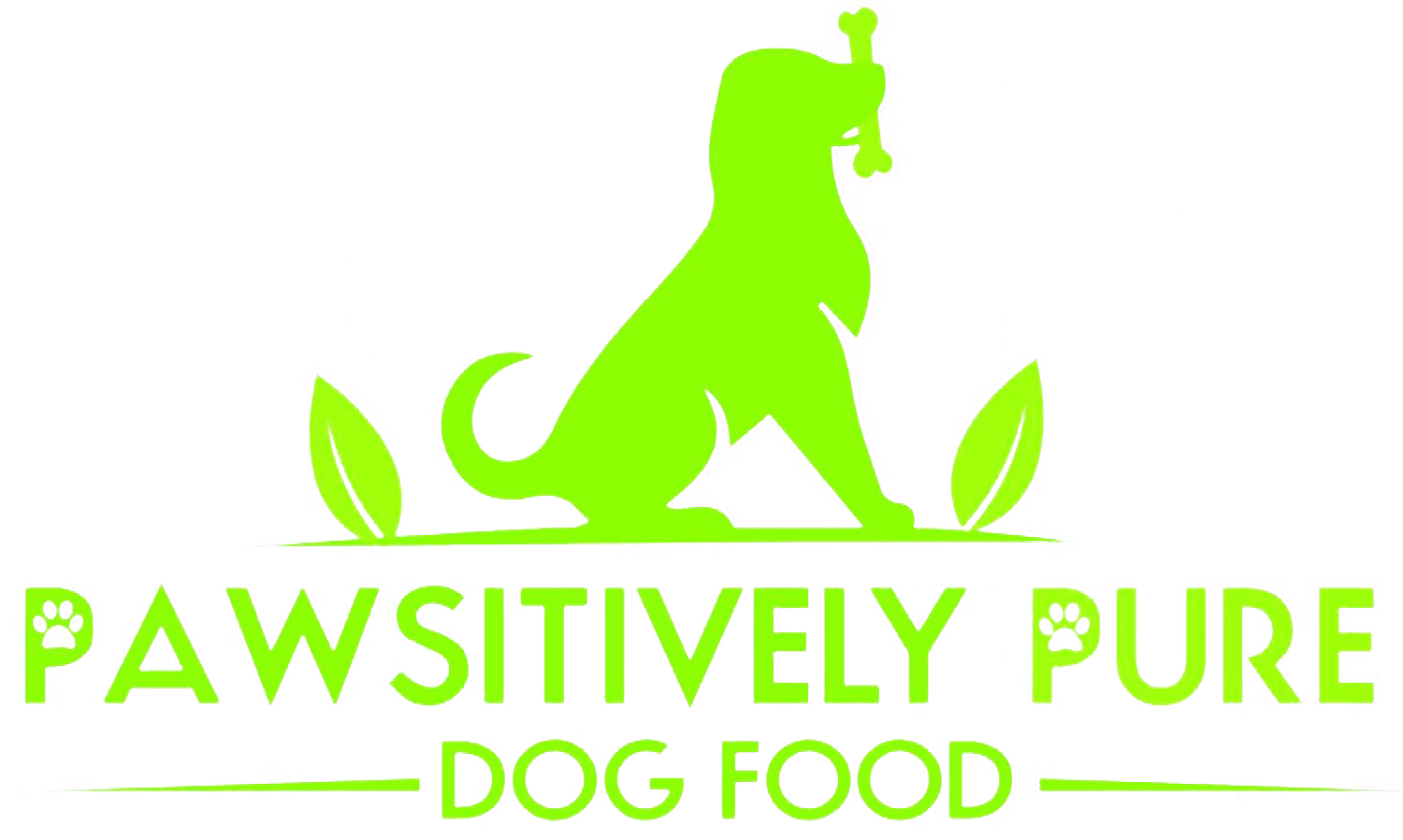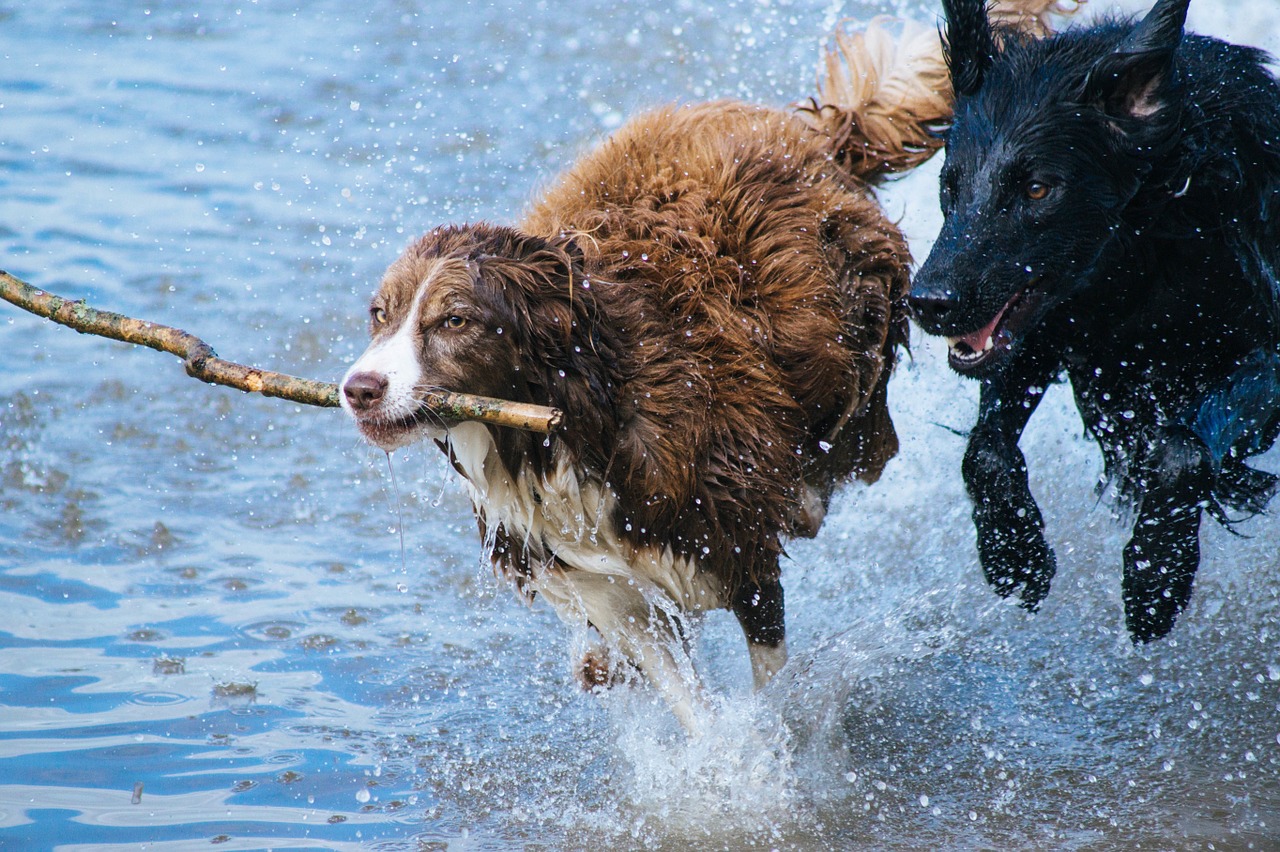June marks the start of hurricane here in Florida. While Central Florida has been relatively lucky in avoiding major hurricane damage over the last few years, we know from past experience that pets often get left behind when disaster strikes. That’s why June has been decreed National Pet Preparedness Month, in hopes that animal abandonment in serious emergencies declines thanks to education and preparation.
When you’re getting your home and family ready for the hurricanes, don’t forget to have a plan in place for your dog, as well! Here are three things to keep in mind as you create your emergency preparedness plan for your pets:
Make sure your pets are microchipped. This should be a given in any season, not just during hurricane season! If you haven’t already microchipped your dogs, now is the time. In the event that your dog gets spooked and runs away in the middle of the storm, their microchip will allow whoever finds them to identify you as their owner and return them safely home. It’s also a good idea to give them an ID tag with your name and contact info.
Find a pet-friendly shelter or hotel ahead of time. Your dog is your family - make sure he has a place to stay when you leave your home in the case of an evacuation. Some evacuation shelters don’t accept dogs for safety or other reasons, but leaving your dog behind isn’t an option. Visit www.pet-friendly-hotels.net to find some of the best pet friendly spots in your area, and book in advance if it looks like an evacuation is required.
The buddy system works. Make sure you share your pet’s information with a neighbor, family member, or friend who lives nearby. Doing so will help you ensure that someone will be able to carry out your pet evacuation plan in the unfortunate case that you’re caught outside evacuation lines when the order is issued. You’ll want to give your buddy a copy of your house key, a copy of your evac plan, and detailed notes on where your pet’s necessary supplies are kept.
Hurricanes can make anyone nervous, including your dogs! But helping your pet stay safe and happy during a natural disaster doesn’t have to be difficult when you come prepared. Red Rover has a handy checklist so you can make sure you’ve taken care of the most important pet evacuation tasks before the storm rolls through.
This month, we’re offering 10% off all orders over $50 so you can stock up on food and broth ahead of time. There’s no code required at checkout, so get shopping! Click here to view our current products.





